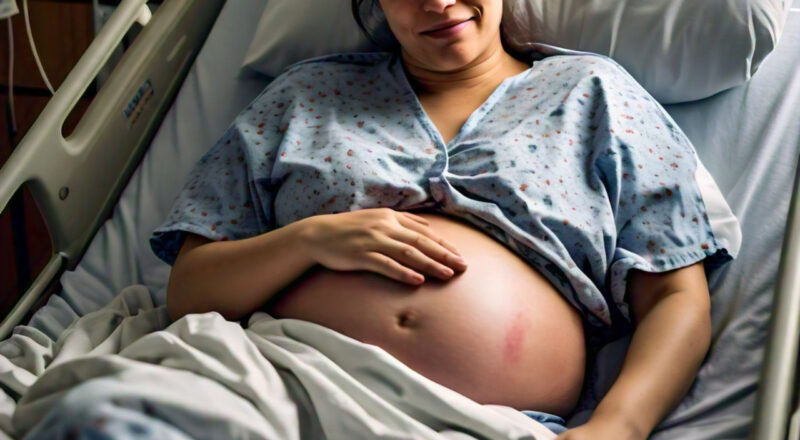Understanding Fatty Liver Disease
Fatty liver disease, a condition characterized by the accumulation of excess fat in the liver, can affect both men and women. While it doesn’t directly impact fertility, it can indirectly influence a woman’s ability to conceive.
How Fatty Liver Can Affect Fertility
While fatty liver disease itself doesn’t directly impair fertility, it can contribute to various factors that can indirectly affect a woman’s chances of getting pregnant:
- Hormonal Imbalances: Fatty liver disease can disrupt the delicate balance of hormones, including those involved in ovulation. This can lead to irregular menstrual cycles, making it difficult to predict ovulation and conceive.
- Insulin Resistance: Many women with fatty liver disease also have insulin resistance, a condition where the body’s cells don’t respond effectively to insulin. Insulin resistance can lead to hormonal imbalances, irregular periods, and difficulty ovulating.
- Metabolic Syndrome: Fatty liver disease is often associated with metabolic syndrome, a cluster of conditions that increase the risk of heart disease, stroke, and type 2 diabetes. These conditions can also impact fertility.
- Inflammation: Chronic inflammation, a common feature of fatty liver disease, can affect the reproductive system and negatively impact fertility.
Steps to Improve Fertility in Women with Fatty Liver Disease
If you have fatty liver disease and are trying to conceive, here are some steps you can take to improve your fertility:
- Consult a Healthcare Provider: The first step is to consult with a healthcare provider, such as a gynecologist or endocrinologist, to discuss your fertility concerns and receive personalized advice.
- Manage Underlying Conditions:
- Address Insulin Resistance: If you have insulin resistance, your doctor may recommend lifestyle changes, such as diet and exercise, or medication to improve insulin sensitivity.
- Control Inflammation: A healthy diet rich in antioxidants and anti-inflammatory foods can help reduce inflammation.
- Healthy Lifestyle:
- Diet: A balanced diet low in processed foods, sugary drinks, and unhealthy fats can help improve liver health and overall fertility.
- Exercise: Regular physical activity can help improve insulin sensitivity, reduce inflammation, and promote weight loss.
- Weight Management: If you are overweight or obese, losing even a modest amount of weight can significantly improve fertility.
- Consider Assisted Reproductive Technologies (ART): In some cases, assisted reproductive technologies, such as in vitro fertilization (IVF), may be recommended to help women with fatty liver disease conceive.
Remember: While fatty liver disease can present challenges to fertility, it’s important to consult with a healthcare provider to develop a personalized plan to improve your chances of conception. With proper management and lifestyle changes, many women with fatty liver disease can successfully conceive and have healthy pregnancies.
